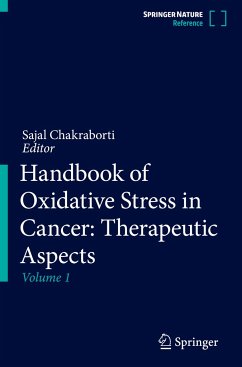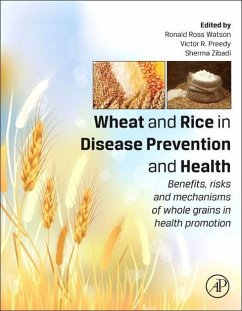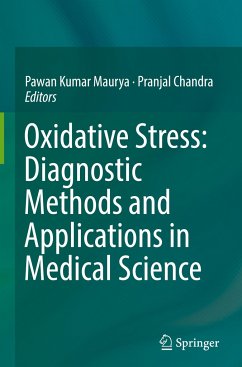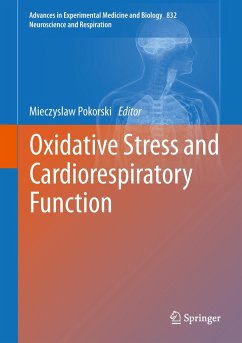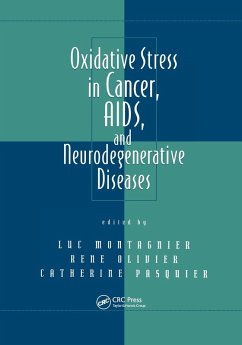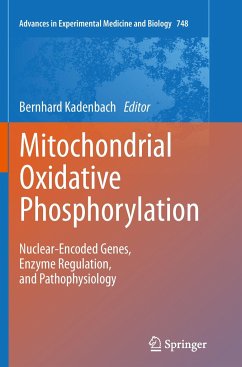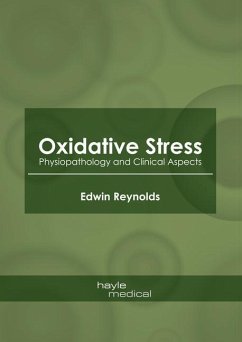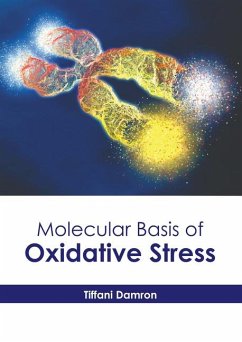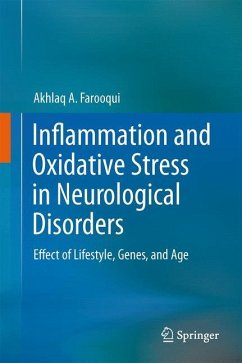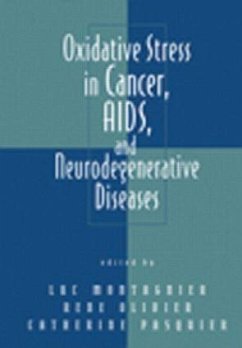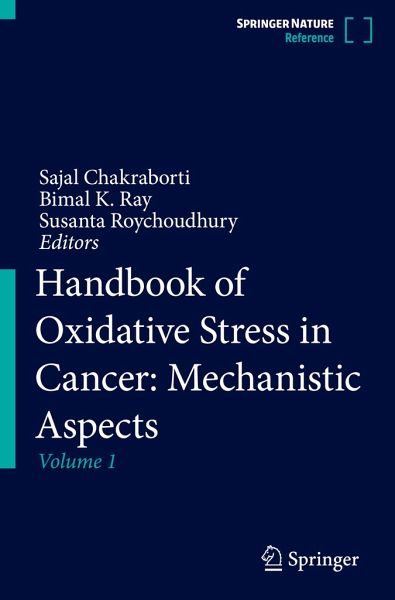
Handbook of Oxidative Stress in Cancer: Mechanistic Aspects
Versandkostenfrei!
Versandfertig in 1-2 Wochen
1.069,99 €
inkl. MwSt.

PAYBACK Punkte
535 °P sammeln!
This comprehensive, up-to-date reference work compiles the scientific research on the relationship between various forms of cancer and reactive oxygen species (ROS). It is well known that ROS play a key role in the various steps leading to malignancy, this includes increase in DNA mutation rates. The book brings together exciting reviews, written by leading experts all over the world. The book is divided into four broad sections. Each section describes the role of oxidative stress and underlying mechanisms and pathways, at various stages of cancer, including its role in carcinogenesis, cancer ...
This comprehensive, up-to-date reference work compiles the scientific research on the relationship between various forms of cancer and reactive oxygen species (ROS). It is well known that ROS play a key role in the various steps leading to malignancy, this includes increase in DNA mutation rates. The book brings together exciting reviews, written by leading experts all over the world. The book is divided into four broad sections. Each section describes the role of oxidative stress and underlying mechanisms and pathways, at various stages of cancer, including its role in carcinogenesis, cancer progression and metastasis. Further, the book describes how the reactive oxygen species (ROS) modulate gene expression and signal transduction pathways in cancer. The book discusses the ways to interfere with the cancer progression, and design of anti-cancer drugs. The book provides an integrated approach for better understanding of the development phases of oxidative stress-induced cancers, and mainly the current perspectives about mechanistic aspects of cancer initiation, progression and metastasis. It is a highly resourceful book and would be extremely important to clinicians, students and researchers in the field of cancer genetics, therapeutics and oncology.



